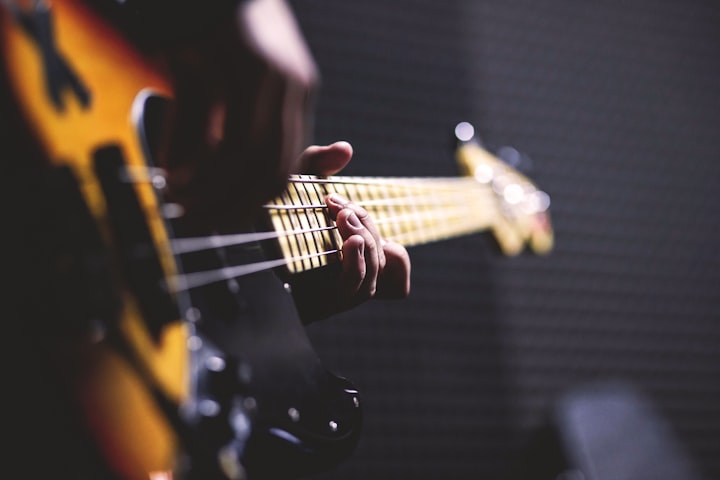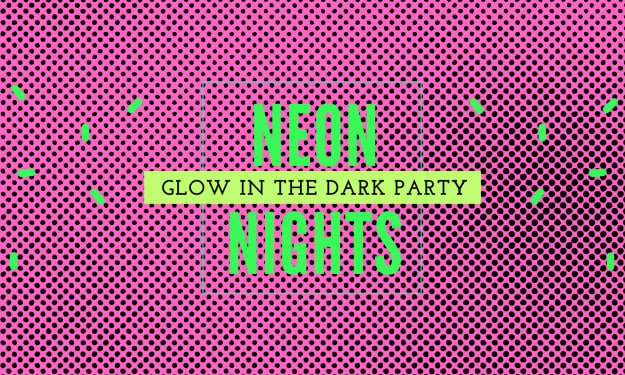
Introduction:
When we listen to music, it's not just the melodies and lyrics that captivate us. The underlying bass frequencies in music beats play a crucial role in shaping our musical experience. In this article, we delve into the profound impact of bass on our mood and physiology. From its ability to create powerful vibrations to its influence on our emotional state, understanding the role of bass in music beats unveils a whole new dimension of musical appreciation.
The Power of Low Frequencies:
Bass frequencies, typically found in the lower end of the sonic spectrum, have a unique ability to create physical vibrations. These vibrations can be felt in our bodies, enhancing the sensory experience of music. When we encounter bass frequencies, whether through headphones or at a live concert, they stimulate our sense of touch, adding a tactile dimension to the auditory experience.
Emotional Resonance and Energy:
Bass frequencies have a profound impact on our emotional state. The deep, resonating tones can evoke feelings of power, intensity, and even awe. They provide a foundation that grounds the music and amplifies its emotional impact. The presence of bass frequencies in music beats can elicit a wide range of emotions, from exhilaration and excitement to a sense of deep calmness.
Moreover, bass frequencies have the ability to energize and motivate us. The rhythmic pulses of low-end frequencies can create a sense of drive and vitality, making us feel more connected to the music and inspired to move. This is why bass-heavy music genres like electronic dance music (EDM) and hip-hop often dominate the dance floor, as the infectious basslines create a powerful groove that compels us to dance and let loose.
Physiological Effects:
Beyond the emotional impact, bass frequencies can also have tangible physiological effects. Studies have shown that exposure to low-frequency vibrations can activate the sympathetic nervous system, leading to an increase in heart rate and blood pressure. This physiological response can contribute to the sense of excitement and heightened arousal often associated with bass-heavy music.
Furthermore, the deep vibrations produced by bass frequencies can stimulate the release of endorphins, the body's natural feel-good chemicals. This can result in an overall sense of well-being, relaxation, and stress reduction. Bass frequencies can create a sonic massage that soothes the body and promotes a sense of harmony.
Applications in Sound Therapy and Wellness:
The unique qualities of bass frequencies have led to their incorporation in sound therapy practices. Low-frequency sound waves are used to induce deep states of relaxation, reduce anxiety, and promote sleep. The vibrations created by bass frequencies can also be utilized in therapeutic applications such as vibroacoustic therapy, where the body is exposed to specific frequencies to facilitate healing and pain management.
Additionally, the impact of bass frequencies extends to wellness practices such as meditation and mindfulness. Deep, resonating bass tones can create a sense of grounding, helping individuals anchor their attention and focus during these practices. The vibrations from bass frequencies can also aid in centering the mind and promoting a sense of inner calmness.
Conclusion:
The influence of bass frequencies in music beats goes far beyond simply providing a rhythmic foundation. These low-frequency vibrations have the power to impact our mood, energize our bodies, and even promote physiological well-being. Understanding and appreciating the role of bass in music allows us to harness its potential in sound therapy, wellness practices, and musical experiences, enriching our connection to the power of sound.





Comments
There are no comments for this story
Be the first to respond and start the conversation.